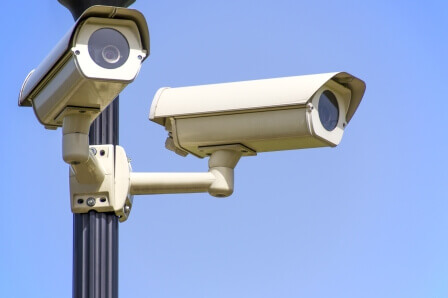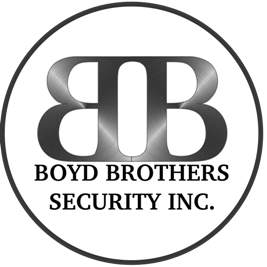Using Video Security At Your Business? Be Aware Of These 3 Laws About What You Can And Can’t Do With The Recordings
 Using video security at your business is highly recommended. It’s something many businesses consider, and the benefits make it worthwhile for most. There are many reasons to install video security systems at your business, from theft deterrence to having video evidence should a crime or incident occur, but it’s important to consider legal ramifications of doing so.
Using video security at your business is highly recommended. It’s something many businesses consider, and the benefits make it worthwhile for most. There are many reasons to install video security systems at your business, from theft deterrence to having video evidence should a crime or incident occur, but it’s important to consider legal ramifications of doing so.
Video security laws differ from state to state, but many follow very similar lines for what you can and cannot do with video recordings from your security system. Let’s take a closer look:
1. Expected Privacy
One of the first things to remember when installing security cameras is where they cannot be placed. Most states have the same laws regarding this, where it is illegal to take video recordings of people in locations known as ‘expected privacy’.
Essentially, this is any place where people (be it employees or customers) have the right to privacy, which typically includes locker rooms, changing rooms, hotel rooms, toilets, showers, etc. This law applies to all states and is common sense for most people, so never install cameras in these locations no matter what.
2. Hidden Camera
There are no firm laws at state or federal level regarding hidden cameras in the workplace beyond areas of expected privacy. Therefore, small businesses are well within their rights to place hidden cameras for security purposes without the need to identify employees.
The same laws apply to cameras that are not hidden, as these still allow employers to improve their security by identifying risks and providing evidence in the event of a security incident.
3. Video with Audio Recordings
Many businesses install security camera systems that feature audio recordings, and there are firm laws regarding their use. For example, states have either one party or two-party consent when recording audio footage of a conversation between two people.
One party consent means only one person must consent to the recording, in which case the business-owner can be the one giving consent so can record the audio without information the other person.
Two party consent means that both people involved in the recording must consent for the audio recording to be legal. So, if you have hidden cameras with audio recording and live in a two-party consent state, you must inform them they are being recorded otherwise it is illegal.
If you have a home or business that needs security protection such as an alarm, security cameras, monitoring, access control, etc., Boyd Brothers Security is here to help. Protecting residential and commercial clients with the latest security technology all over Orange County and surrounding areas is what we do 24/7! Satisfaction is guaranteed, and there are no contracts. Contact us today at (855) 88-ALARM for a free quote!






